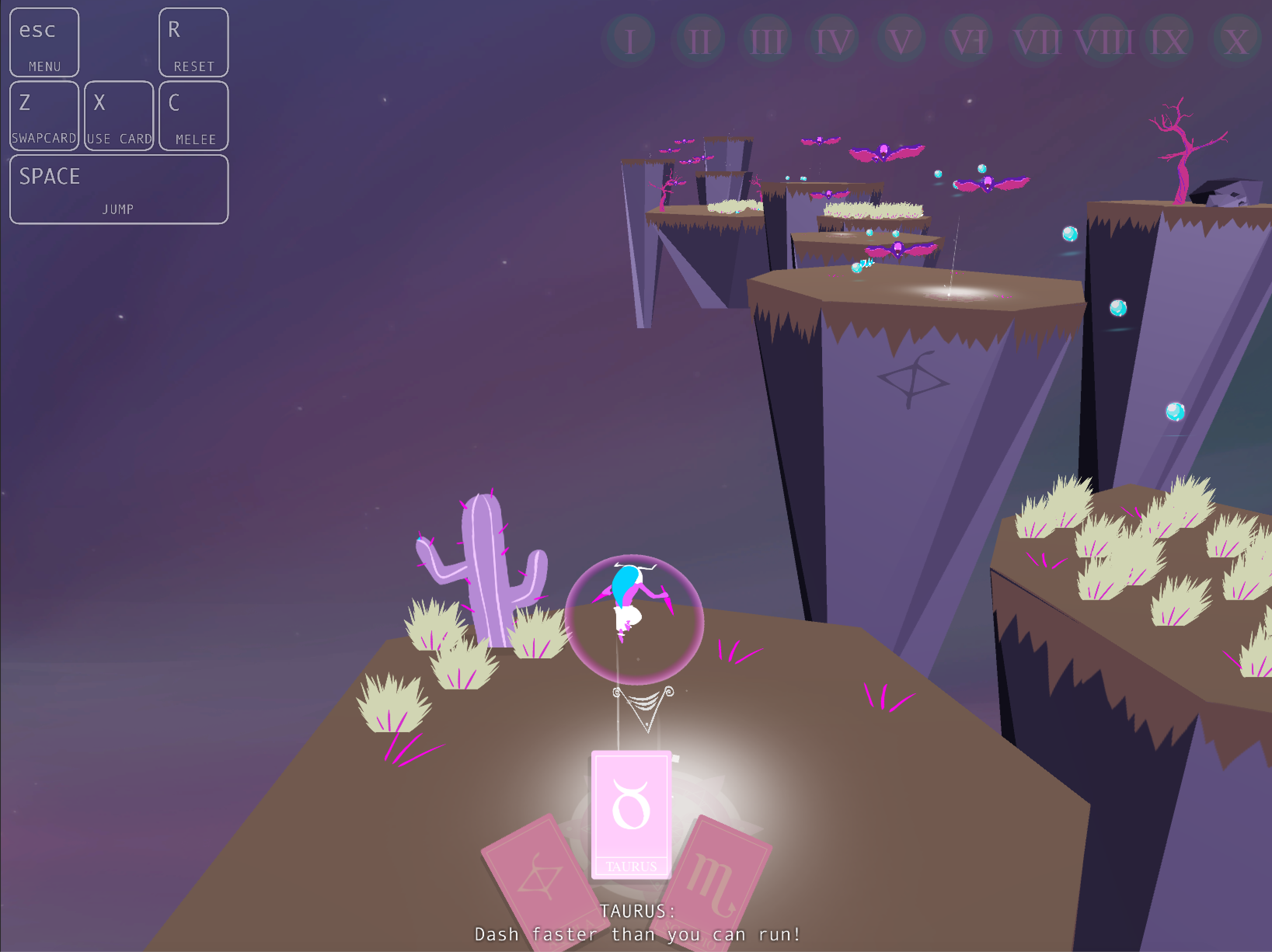HOWL STAR Mac OS
Helios Software GmbH has released HELIOS Xtar for Mac OS X, a free utility that can be used to clone a Mac OS X system disk for backing up and restoring disks, files and folders — all with full HFS (Mac OS Standard) support.
The HFS disk format stores data and meta-data (such as the Finder and Resource info) within one file, standard Unix applications can only see the data part, and the Resource information is lost using standard Unix, according to Helios. The result? Copies will be incomplete and some operations — booting, previewing from EPSF files, applications detecting their own files, etc. — won’t work.
Xtar saves each HFS file as two files in a container format that preserves all special attributes and additional data. During a restore with “Xtar” on an HFS volume, the resource and finder information are restored into valid HFS files containing all information. This means there is no missing data, and the volume is bootable after being restored.

- Mac OS X & macOS names. As you can see from the list above, with the exception of the first OS X beta, all versions of the Mac operating system from 2001 to 2012 were all named after big cats.
- If your Mac is using an earlier version of any Mac operating system, you should install the latest Apple software updates, which can include important security updates and updates for the apps that are installed by macOS, such as Safari, Books, Messages, Mail, Music, Calendar, and Photos.
Xtar can be scripted to allow you to: clone a Mac OS X system disk, backup/restore a disk, and backup/restore files and folders. It also allows for the duplication of Mac OS X HFS bootable disks.
Open the Application folder and drag the Star Stable icon to the Trash. In the Finder’s menu, click on Go, then on Go to Folder and enter the following command: /Library/Application Support/ Find the Star Stable folder and then drag it to the Trash.
Is your Mac up to date with the latest version of the Mac operating system? Is it using the version required by a product that you want to use with your Mac? Which versions are earlier (older) or later (newer, more recent)? To find out, learn which version is installed now.

Howl Star Mac Os 11
If your macOS isn't up to date, you may be able to update to a later version.
Mac Os Download
Which macOS version is installed?
From the Apple menu in the corner of your screen, choose About This Mac. You should see the macOS name, such as macOS Big Sur, followed by its version number. If you need to know the build number as well, click the version number to see it.
Which macOS version is the latest?
Mac Os Versions
These are all Mac operating systems, starting with the most recent. When a major new macOS is released, it gets a new name, such as macOS Big Sur. As updates that change the macOS version number become available, this article is updated to show the latest version of that macOS.
Howl Star Mac Os Download
If your Mac is using an earlier version of any Mac operating system, you should install the latest Apple software updates, which can include important security updates and updates for the apps that are installed by macOS, such as Safari, Books, Messages, Mail, Music, Calendar, and Photos.
| macOS | Latest version |
|---|---|
| macOS Big Sur | 11.3 |
| macOS Catalina | 10.15.7 |
| macOS Mojave | 10.14.6 |
| macOS High Sierra | 10.13.6 |
| macOS Sierra | 10.12.6 |
| OS X El Capitan | 10.11.6 |
| OS X Yosemite | 10.10.5 |
| OS X Mavericks | 10.9.5 |
| OS X Mountain Lion | 10.8.5 |
| OS X Lion | 10.7.5 |
| Mac OS X Snow Leopard | 10.6.8 |
| Mac OS X Leopard | 10.5.8 |
| Mac OS X Tiger | 10.4.11 |
| Mac OS X Panther | 10.3.9 |
| Mac OS X Jaguar | 10.2.8 |
| Mac OS X Puma | 10.1.5 |
| Mac OS X Cheetah | 10.0.4 |